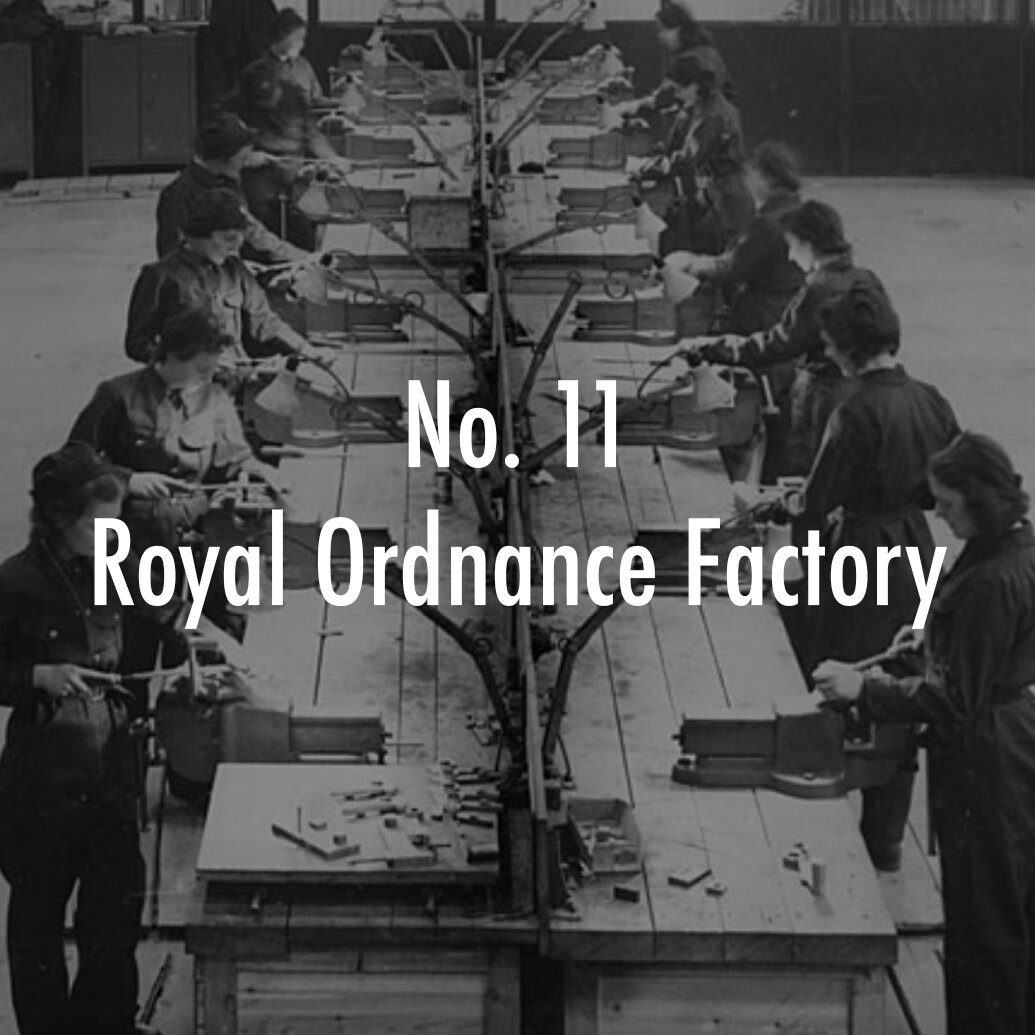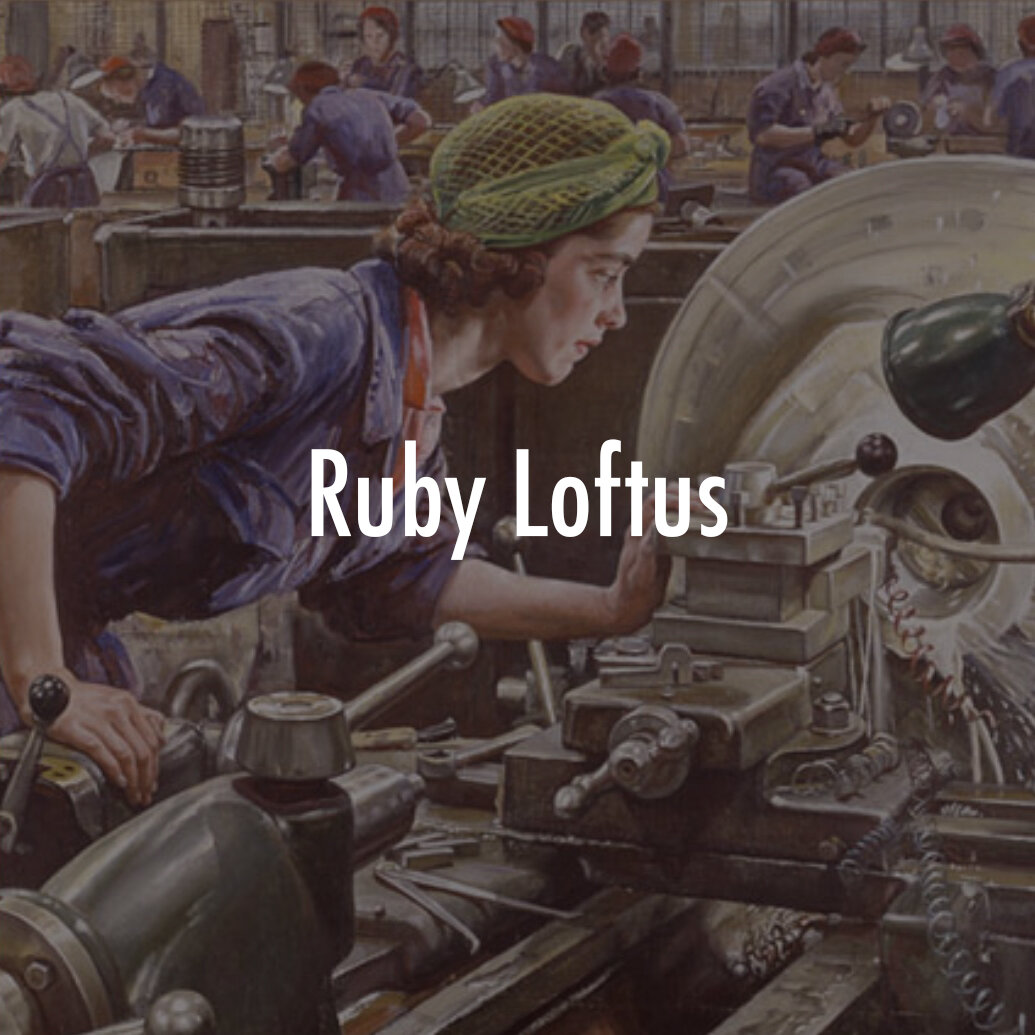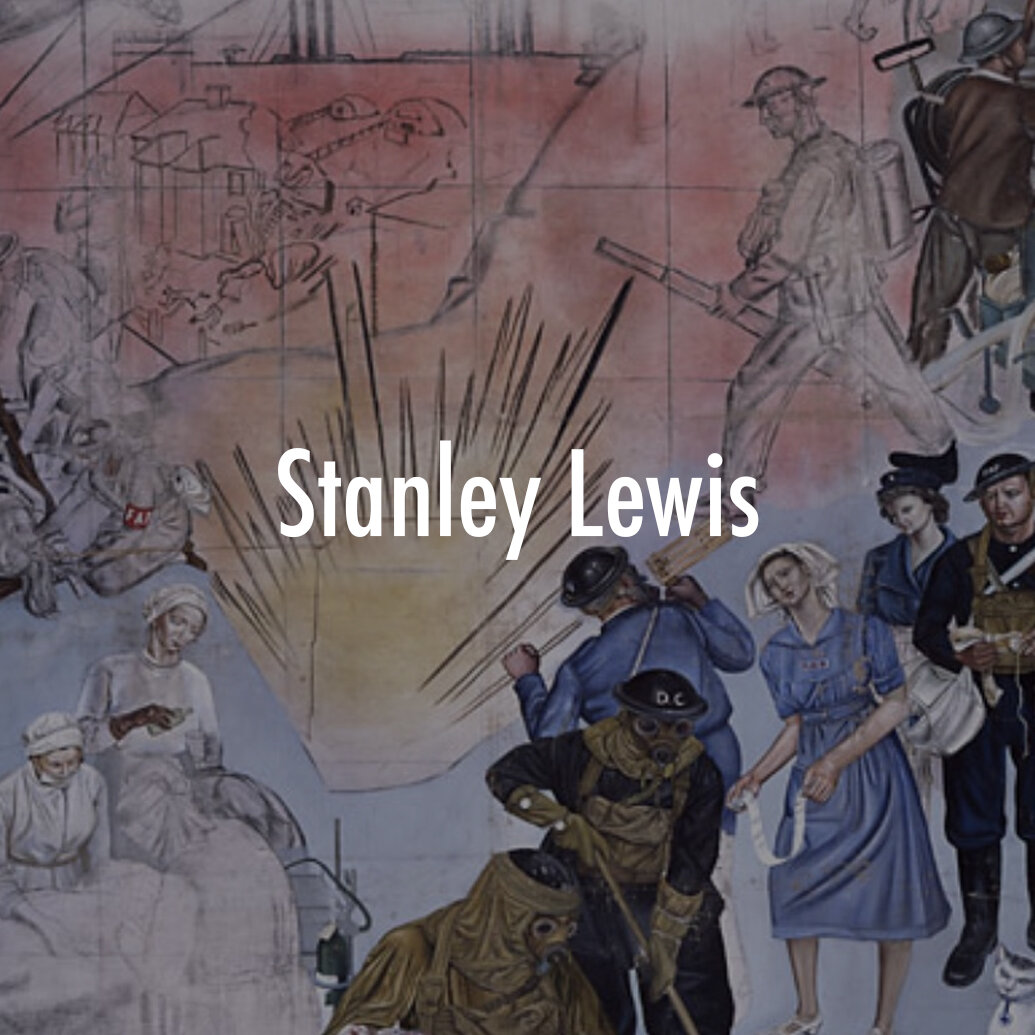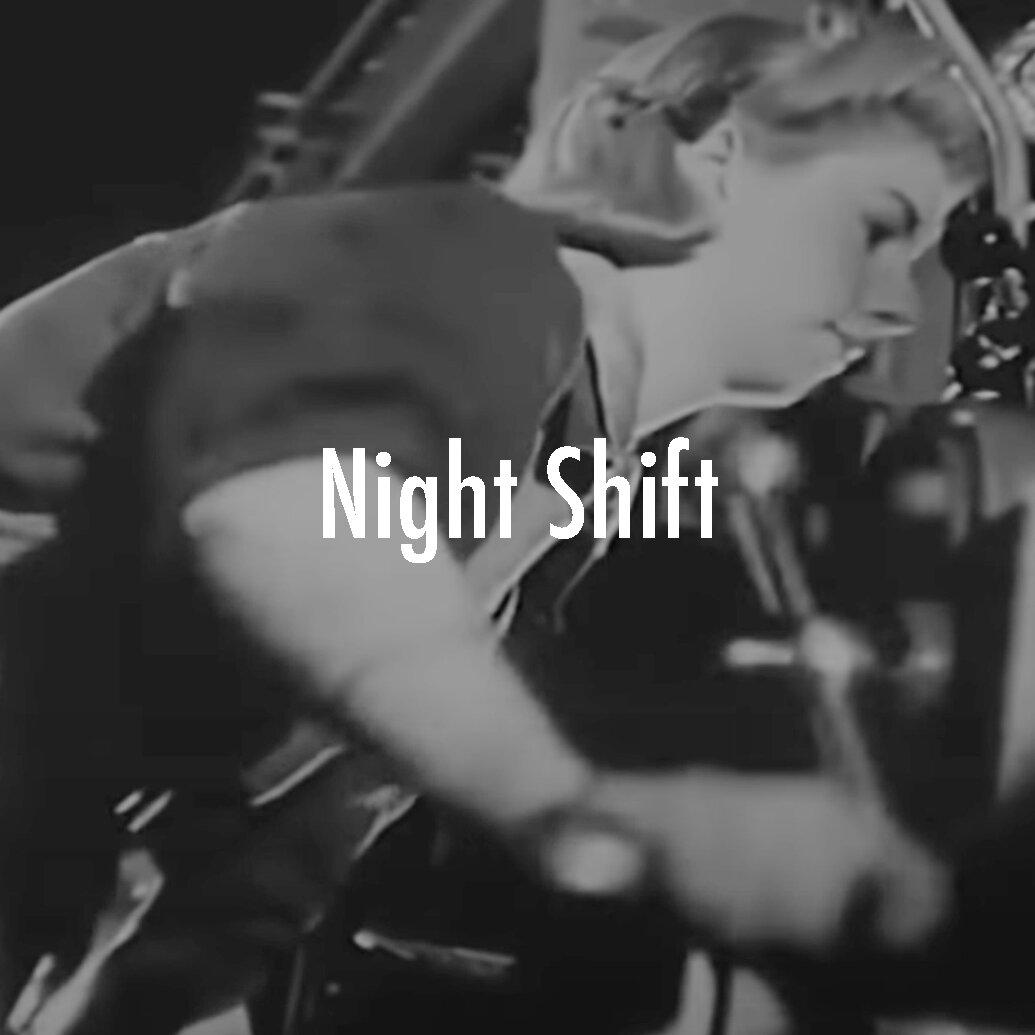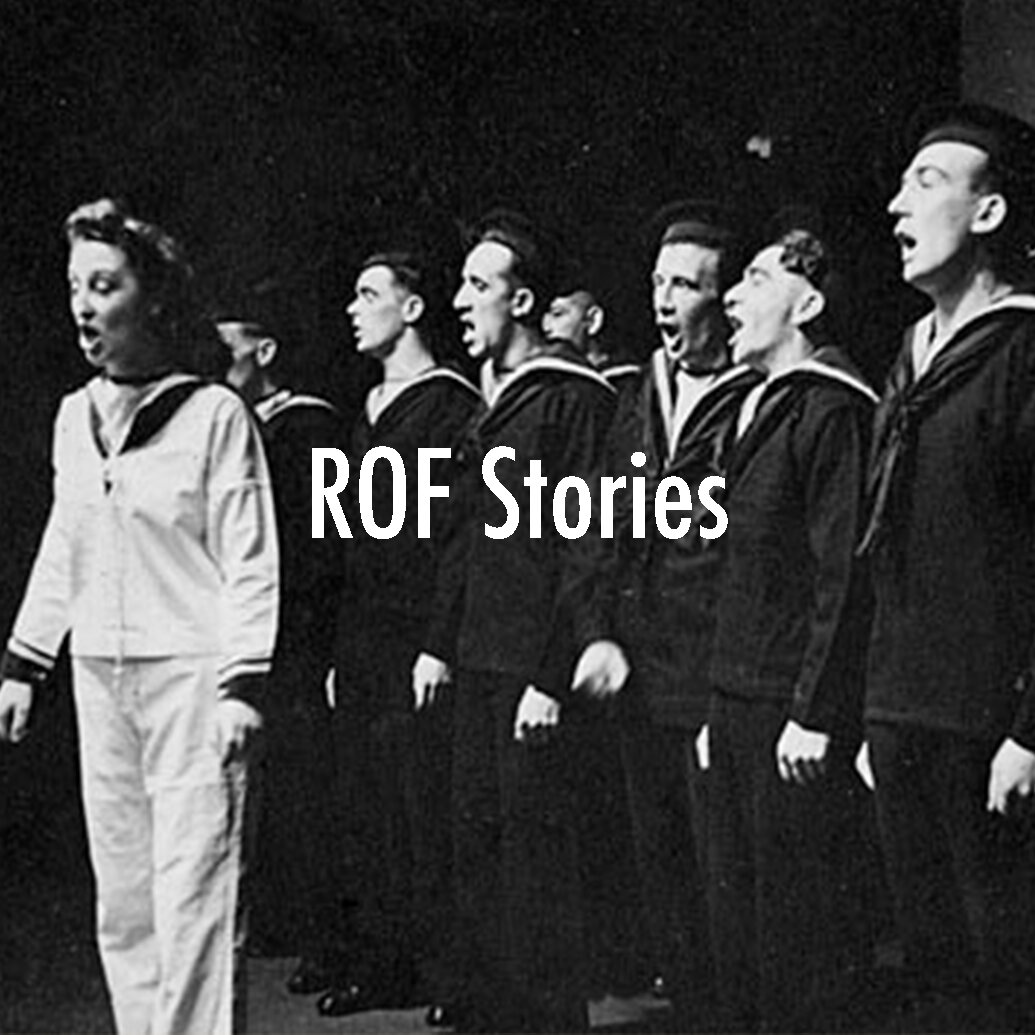No. 11 ROF: Discomfort and Danger
Click on any image to enlarge.
Although every effort was made to look after the workforce, life was not easy in the Factory. The strain of repetitive, precision shift work was compounded by the constant threat of German bombing raids.
Bomb damage to the Alexandra Dock Hotel, 1940
"Warnings sounded almost nightly at the ROF. The lights were dimmed and everyone made for the shelters, which were above ground, brick structures with ferro-concrete doors designed to resist blast fragments but not a direct hit."
- John Sampson, apprentice toolmaker
ROF Newport, 1942-45
ROF Home Guard Bomb Disposal Unit at work, 1941
"Working in a factory was not fun. To be shut in for hours on end, with not even a window to see daylight, was grim. The noise was terrific and at night when you shut your eyes to sleep all the noise would start again in your head.
Night was the worst of all though - that ghastly sensation of never feeling really awake and meals all different and the light summer evenings were the worst of all. The work was very monotonous, often very tiny component parts. I think boredom was our worst enemy."
- Norman Longmate
How We Lived Then: A History of Everyday Life During the Second World War
Another enemy was physical discomfort. Women workers' hands could become pitted with sharp metal splinters and covered in oil sores.
Wartime Poster, 1940s
"There was said to be a high rate of absenteeism among some women workers, caused by women taking time off to shop for scarce unrationed foods which were unlikely to be available after the end of the shift."
- Jane Waller and Michael Vaughan-Rees
Women in Wartime: The Role of Women's
Magazines 1939-45
A ‘slinger’ loads a heavy gun barrel, 1941
